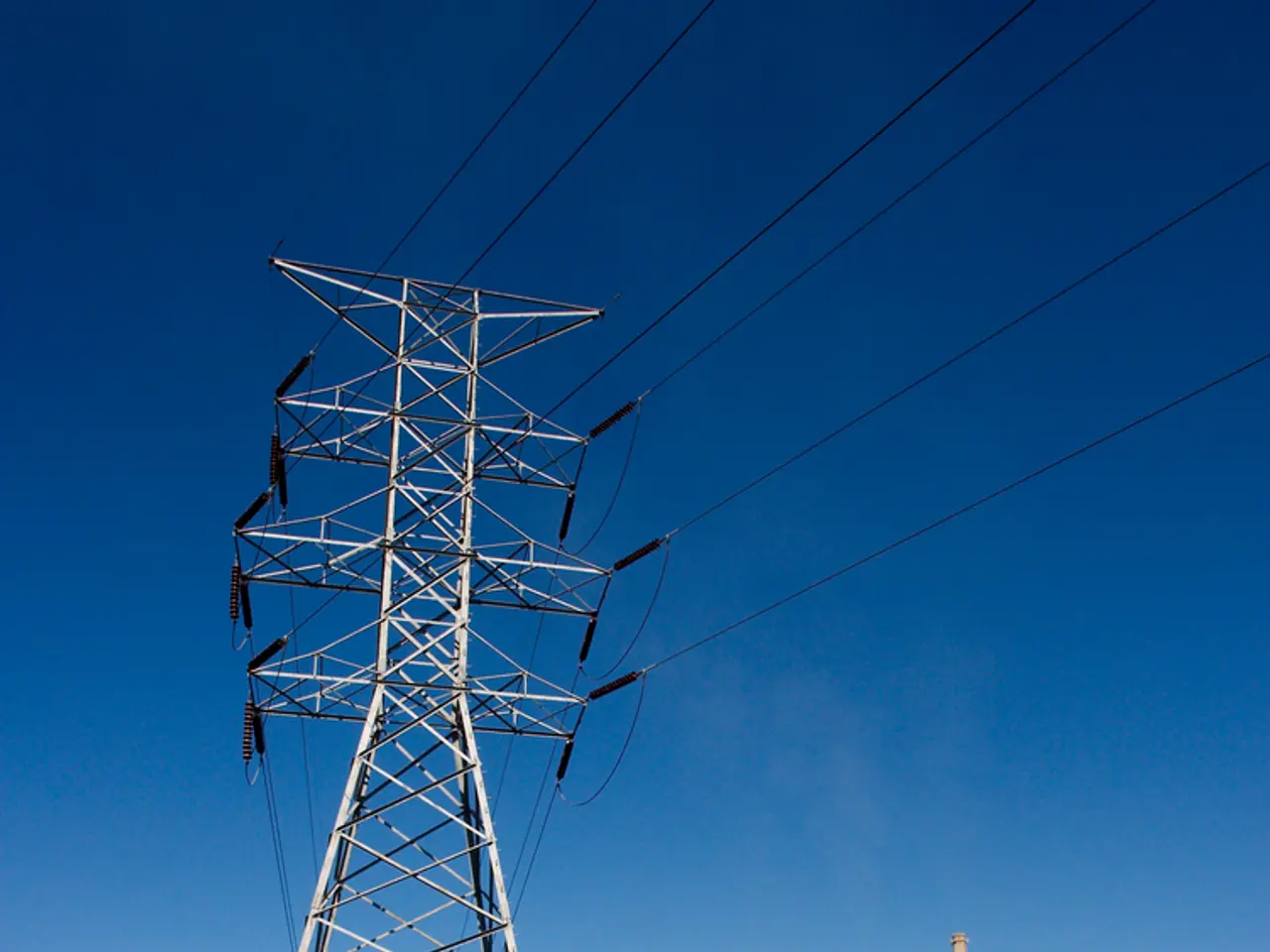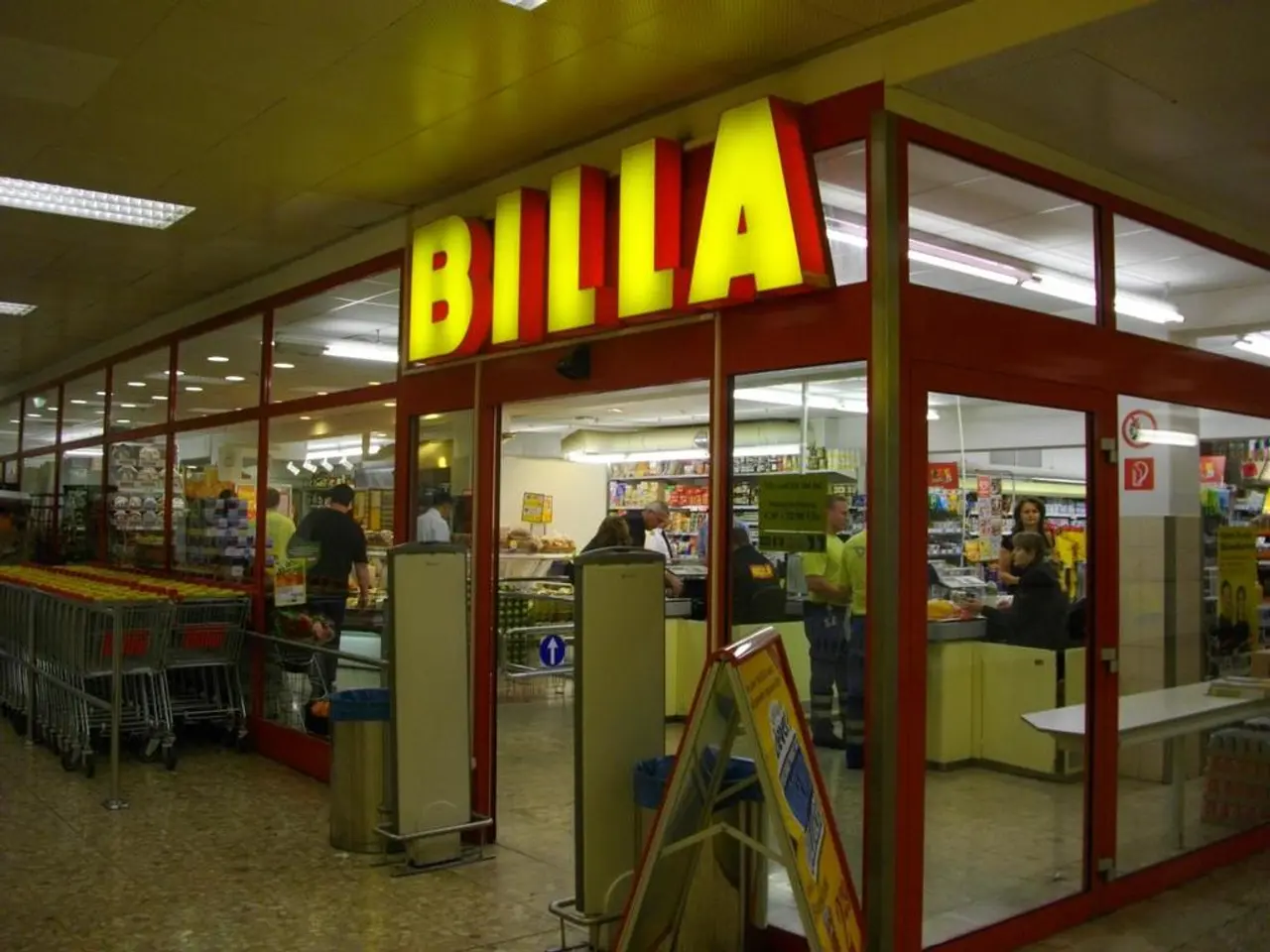Local Authorities in NRW Show Significant Variations in Waste Water and Waste Charges
In North Rhine-Westphalia (NRW), residents are facing significant variations in sewage fees due to a multitude of factors, according to an analysis by the Federal Association of Taxpayers (BdSt) in NRW.
The analysis reveals that sewage fees have risen sharply, with the amounts charged varying greatly depending on the municipality of residence. Key contributors to these differences include the scale and age of sewage treatment infrastructure, local environmental regulations, cost recovery policies, and potential inefficiencies or profit-driven pricing models employed by some local authorities.
For instance, a four-person household in Reken may pay as little as 330 euros in sewage fees, while residents in Monschau could be charged 1,688 euros for the same service. In some cities like Halle, Wülfrath, or Vreden, sewage fees have increased by over 25% within a year. Moreover, in 77 out of 370 municipalities, sewage fees for a typical household can exceed 1,000 euros per year.
The BdSt NRW proposes several measures to address these inconsistencies. They advocate for greater transparency and oversight in how sewage fees are calculated, emphasizing the need for fair and consistent pricing structures that reflect actual costs without hidden profits or unnecessary increases. This includes scrutinizing municipal accounting practices for wastewater management and advocating regulatory measures to standardize fee formulations across municipalities to protect citizens from excessive charges.
Rik Steinheuer, chairman of the BdSt NRW, underscores the importance of stopping municipalities from exploiting legal leeway to the detriment of fee payers. The association also suggests that depreciation in sewage fees should be based on the purchase value instead of the replacement value, and that profits from sewage fee budgets should not flow into the general budget.
Furthermore, the BdSt NRW calls for fewer mandatory standards in waste disposal fees, such as comprehensive biowaste bins and weekly collections. They also propose reversing the CO2 pricing for waste incineration plants in waste disposal fees.
The BdSt NRW's analysis and proposals come as the national average for household waste disposal fees is set to increase by 2.5% to approximately 306.80 euros in 2025. With such extreme differences in fees across NRW municipalities, the association's call for transparency, fairness, and regulatory standardization is gaining traction.
[1] Source: Federal Association of Taxpayers (BdSt) NRW analysis on sewage fees in NRW.
In the context of the analysis by the Federal Association of Taxpayers (BdSt) in North Rhine-Westphalia (NRW), it is evident that variations in sewage fees are influenced by not only infrastructure and environmental factors, but also industry and finance. For example, local authorities may implement profit-driven pricing models or inefficiencies in wastewater management, further increasing costs for residents.
To combat these inconsistencies, the BdSt NRW proposes enhancing transparency and standardization, suggesting measures such as reevaluating accounting practices, regulating fee formulations, and minimizing mandatory standards in waste disposal fees. These proposals aim to ensure fair and consistent pricing structures that protect citizens from excessive charges, while promoting a more financially stable and efficient industry.




